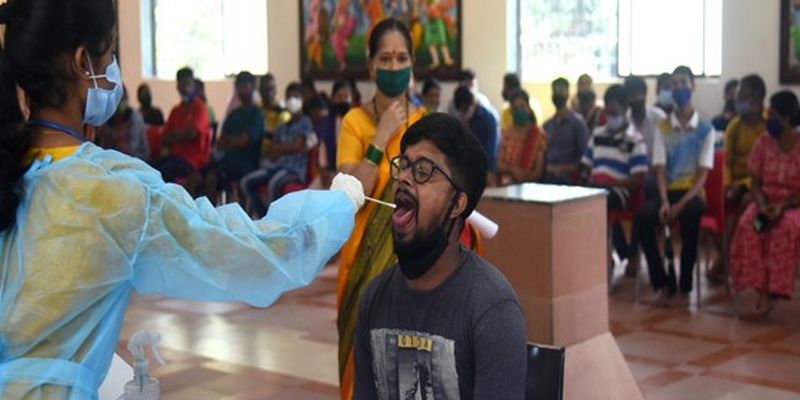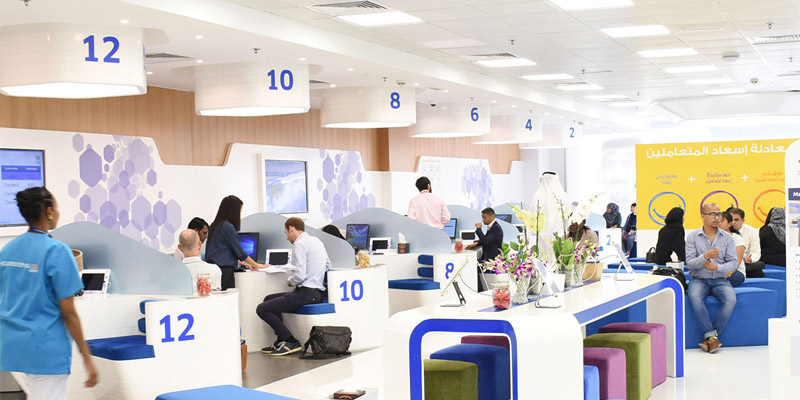Hotels across the UAE are continuing to see improvements in business as borders reopen and travel restrictions are relaxed, according to reports.
June 2020 and the months before it were difficult for hoteliers. Dubai hotels occupancy fell to 26.3 percent in June 2020, a 61.7 per cent drop compared to the same period for last year, according to the latest from data and analytics specialist STR.
Ghaya Grand Hotel, located in Dubai Production City, reported a “critical drop in occupancy” during the first week of March. The “unusually low” occupancy figures were triggered by cancellation of advance bookings which mainly come from China.
July, however, has given the industry a much-needed boost, with business gradually improving across the board.
Fairmont Ajman general manager Kosta Kourotsidis said his property was “very fortunate” to have resumed to healthy occupancy levels, which are “higher over the weekends and slow down across the weekdays”. Kourotsidis said: “We won’t hit 90 percent mark [occupancy] in the coming months for many reasons because of the social distancing measures we’ve implemented.”
JA Oasis Beach Tower on The Walk JBR maintained occupancy of 35 percent throughout the “challenging period”.
The hotel’s VP of sales and marketing at the hotel Thomas Grundner, said: “[We have witnessed this performance] due to the long stay guests and residents at the property. Our strategy is generally 40 percent long term and 60 percent short term for deluxe serviced apartments. Though we lost the short-term business for a few months due to the pandemic, we were able to stay open unlike many of our counterparts in the market. Now we are keen to gain back some short-term business as travel restrictions ease.”
Shyam added: “[In the absence of demand for hotel rooms] our luxury serviced apartment offering came into demand. The hotel apartment saw an increase in number of tenants during the lockdown, which continues until date with occupancy levels on the rise with each passing day.”
F&B venues have been seeing similar signs of recovery.
Adel Ghazzawi, co-founder, Cove Beach, said: “Like all hospitality businesses, Cove Beach was impacted by Covid and the temporary closure of the venue. For the first four weeks post-lockdown, revenue was down by 85 percent as guests were only allowed to use a small portion of the facility, while beach and pools remained closed. As soon as the restrictions were lifted we saw footfall return to near normal levels and are now averaging 1,600 guests each week.”
Beyond restrictions easing, emirates such as Abu Dhabi, Dubai and Ras Al Khaimah have worked to make the hotel experience as reassuring as possible. Dubai’s ‘Dubai Assured’ stamp, Abu Dhabi’s ‘Go Safe’ and Ras Al Khaimah’s industry recovery plan.






























